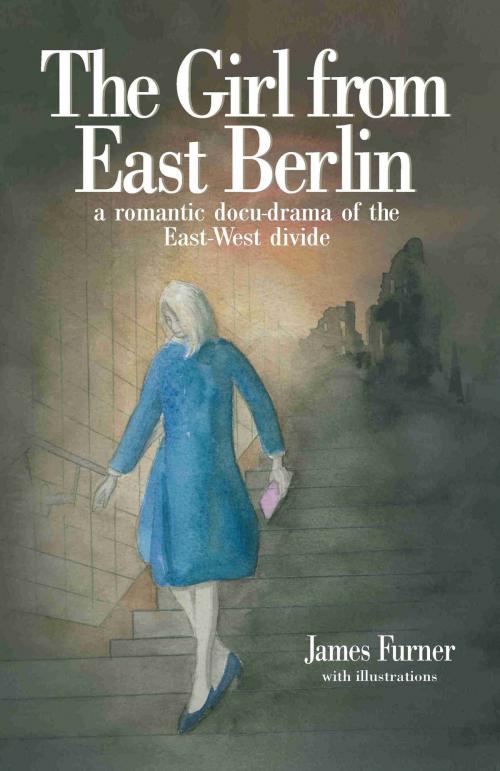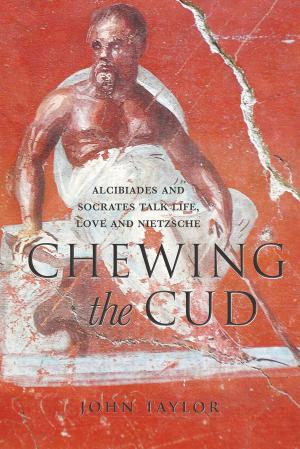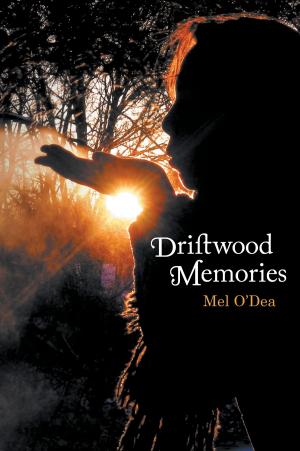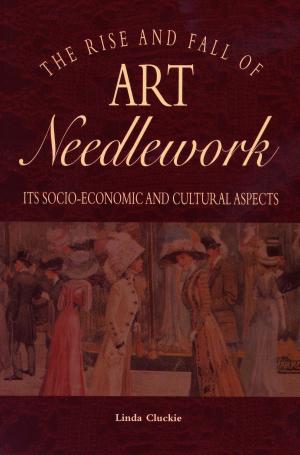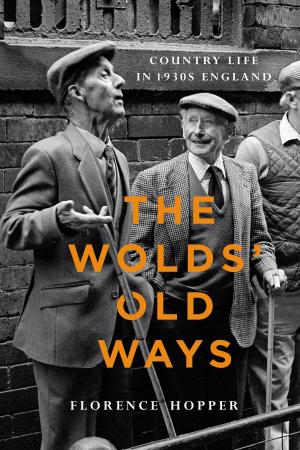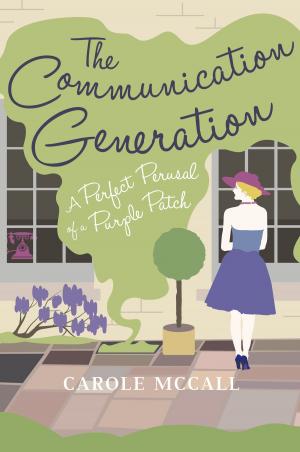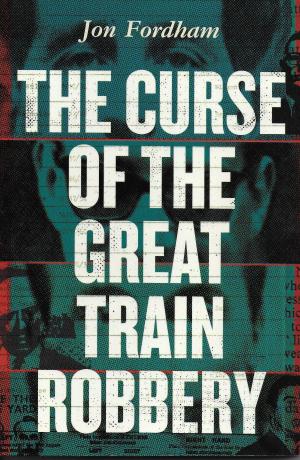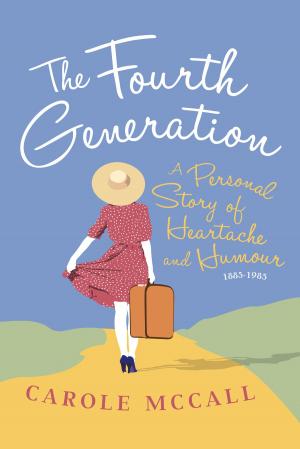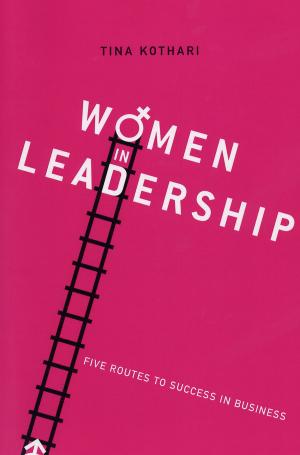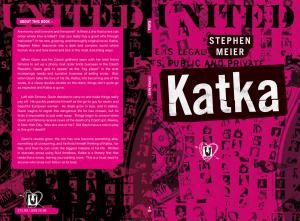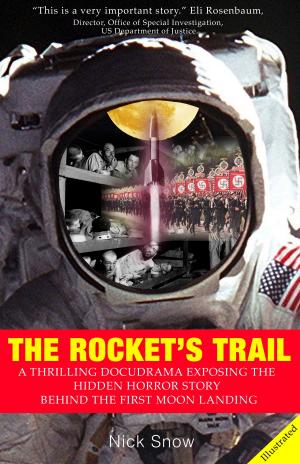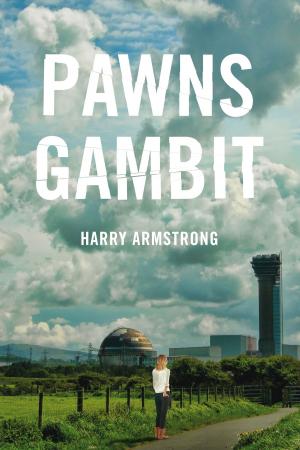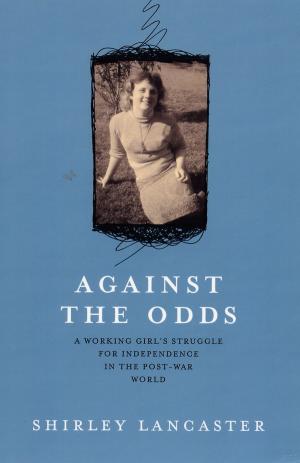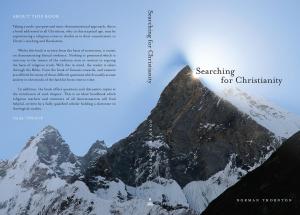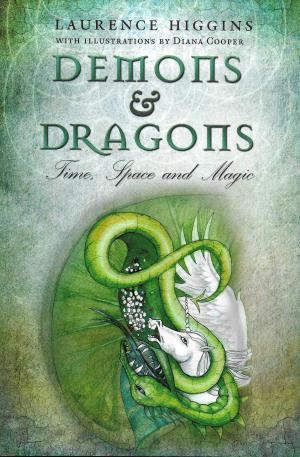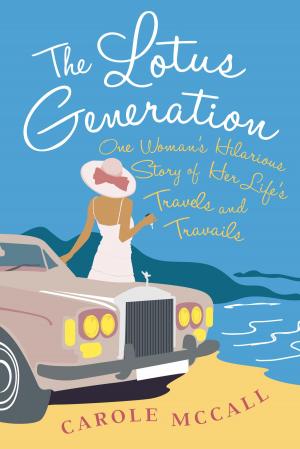The Girl From East Berlin
a romantic docu-drama of the East-West divide
Fiction & Literature, Historical| Author: | James Furner | ISBN: | 9781906791070 |
| Publisher: | Arena Books | Publication: | March 12, 2007 |
| Imprint: | Arena Books | Language: | English |
| Author: | James Furner |
| ISBN: | 9781906791070 |
| Publisher: | Arena Books |
| Publication: | March 12, 2007 |
| Imprint: | Arena Books |
| Language: | English |
Described as a docu-drama rather than a novel because of the extent of its fact-based storyline and material; in re-creating the milieu of a city, James Furner has achieved for the Berlin of the post-War period what Christopher Isherwood achieved for the Berlin of 30 years before.
This is a realistic drama on an epic scale, set in Berlin immediately prior to the building of the Wall, which was to divide the city for three decades. Packed with humorous observations, it is a poignant story of true love intercepted by the political conflict and intriguesof the East-West power blocs.
In retrospect it takes the form of a historical novel of the most authentic type: i.e. not based on an imaginative reconstruction of the past, but drawing on detailed diary entries, and the author's immediate report of strongly felt personal events, resurrected for publication after a period of almost 50 years.
Few novels appear on such a grand scale as this: what begins as an inauspicious chance meeting in an East Berlin art shop leads to an adventure exploring the many social and psychological aspects characterising the division of a great European capital. It is an encylcopaedia of the soul of a city; unlikely again to be described so comprehensively or in such depth.
It is as much a political novel as a love drama, especially in so far as the former impacts so heavily on the outcome of the latter. For all these reasons, the questions needs to be asked: if the 10 greatest true love stories of the 20th century were to be listed, then would this be included amongst their number?
Perhaps most striking is the immediacy of its style in describing characters and events, for this contributes a compassion and authenticity more reminiscent of a memoior than a work of fiction.
Is this book more correctly described as a novel orf reportage? Only the reader can decide. The fact remains that this is a new and exciting literary genre, developed for most vividly telling a story which had to be told.
Described as a docu-drama rather than a novel because of the extent of its fact-based storyline and material; in re-creating the milieu of a city, James Furner has achieved for the Berlin of the post-War period what Christopher Isherwood achieved for the Berlin of 30 years before.
This is a realistic drama on an epic scale, set in Berlin immediately prior to the building of the Wall, which was to divide the city for three decades. Packed with humorous observations, it is a poignant story of true love intercepted by the political conflict and intriguesof the East-West power blocs.
In retrospect it takes the form of a historical novel of the most authentic type: i.e. not based on an imaginative reconstruction of the past, but drawing on detailed diary entries, and the author's immediate report of strongly felt personal events, resurrected for publication after a period of almost 50 years.
Few novels appear on such a grand scale as this: what begins as an inauspicious chance meeting in an East Berlin art shop leads to an adventure exploring the many social and psychological aspects characterising the division of a great European capital. It is an encylcopaedia of the soul of a city; unlikely again to be described so comprehensively or in such depth.
It is as much a political novel as a love drama, especially in so far as the former impacts so heavily on the outcome of the latter. For all these reasons, the questions needs to be asked: if the 10 greatest true love stories of the 20th century were to be listed, then would this be included amongst their number?
Perhaps most striking is the immediacy of its style in describing characters and events, for this contributes a compassion and authenticity more reminiscent of a memoior than a work of fiction.
Is this book more correctly described as a novel orf reportage? Only the reader can decide. The fact remains that this is a new and exciting literary genre, developed for most vividly telling a story which had to be told.
